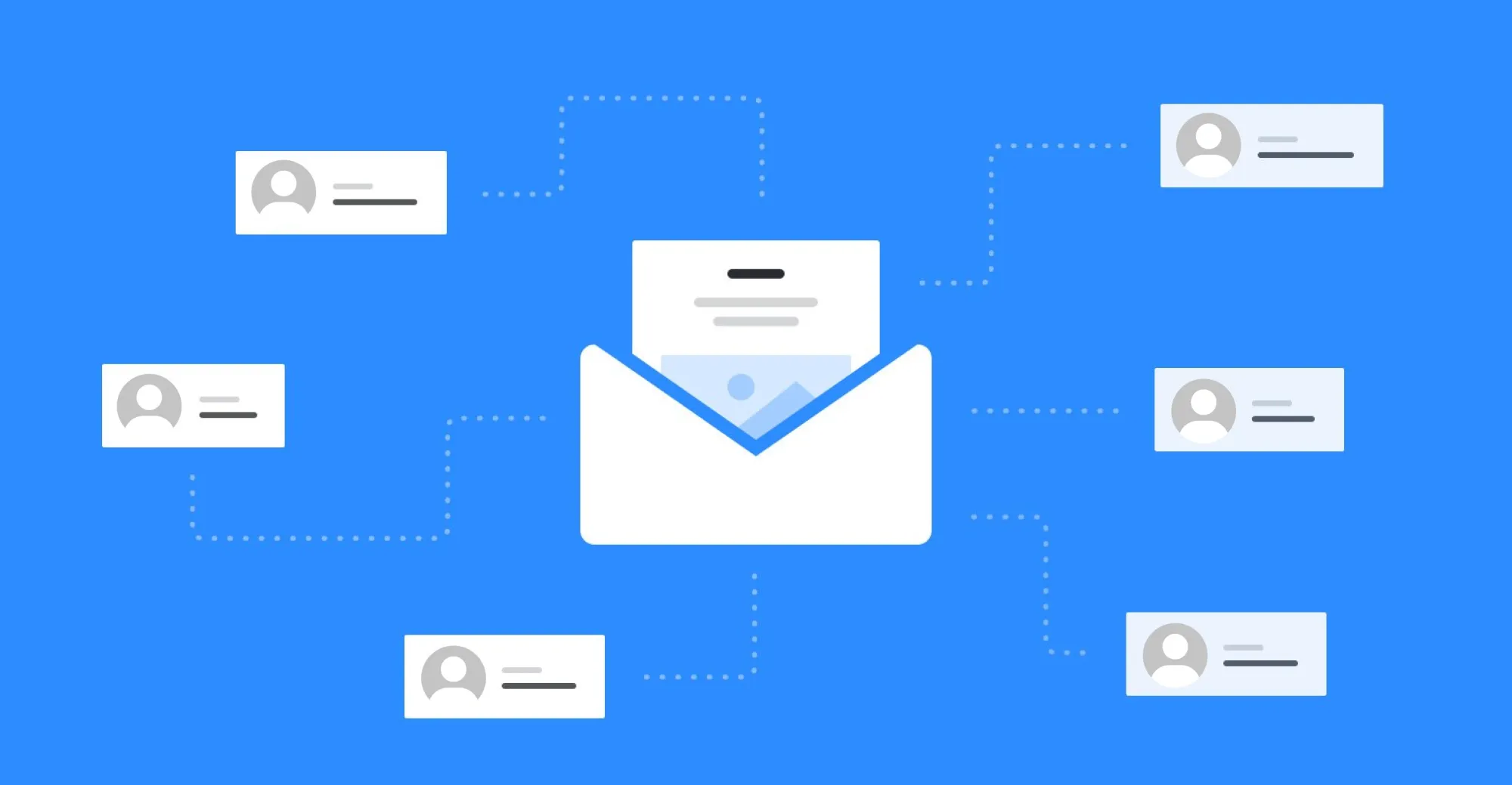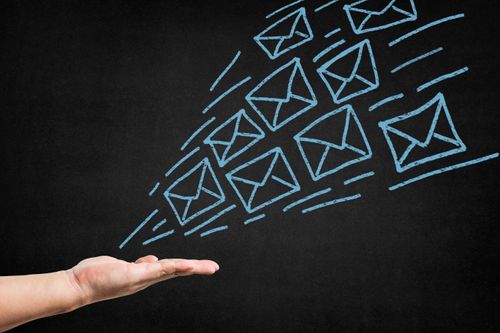When it comes to email marketing or even just sending important emails to clients or customers, it's crucial that the email addresses you're sending to are valid and accurate. But what does it mean to validate an email, and why is it so important? In this article, we'll explore the ins and outs of email validation, including what it is, how it works, and why it matters.
What is Email Validation?

Simply put, email validation is the process of verifying the accuracy and validity of an email address. This involves checking that the address is properly formatted and that it actually exists. The purpose of email validation is to ensure that emails are delivered to actual people and that they don't bounce back as undeliverable.
There are several ways to validate an email address. One method is to send an email to the address and see if it bounces back as undeliverable. However, this method can be time-consuming and may not be practical if you need to validate a large number of addresses. Another method is to use an email validation service or tool that can check the validity of an address without actually sending an email.
How Does Email Validation Work?
Email validation works by checking the format of an email address and then verifying that the domain name exists and is active. This is typically done by pinging the domain's mail server and checking for a response. If the domain exists and is active, the validation service will then check to see if the specific email address exists on the server. If it does, the email is considered valid.
There are several different types of email validation, including syntax validation, domain validation, and mailbox validation. Syntax validation checks the format of the email address to make sure it meets the basic requirements for a valid email address (e.g. it includes an @ symbol and a domain name). Domain validation checks the domain name to make sure it exists and is active. Mailbox validation checks to see if the specific email address exists on the server.
Why is Email Validation Important?

Email validation is important for a number of reasons. For one, it helps to ensure that emails are delivered to actual people rather than bouncing back as undeliverable. This is important for maintaining a good sender reputation and avoiding being flagged as spam. Additionally, email validation can help to prevent fraud and abuse by verifying that email addresses are legitimate and not fake or fraudulent.
Another reason why email validation is important is that it can help to improve the accuracy of your email list. By removing invalid or inaccurate email addresses, you can ensure that your emails are reaching the right people and not wasting your resources on sending emails that will never be read. This can also help to improve the effectiveness of your email marketing campaigns, as you'll be able to target your messaging more effectively.
Conclusion
Email validation plays a vital role in ensuring the accuracy, deliverability, and effectiveness of your email communications. By verifying the validity and existence of email addresses, you can minimize bounce rates, maintain a good sender reputation, and increase the chances of your emails reaching the intended recipients.
Common Questions About Email Validation
What is the best way to validate email addresses?
The best way to validate email addresses depends on your specific needs and resources. If you only need to validate a small number of addresses, you may be able to manually verify them by sending a test email and seeing if it bounces back. However, for larger lists, it's usually more efficient to use an email validation service or tool that can check the validity of addresses in bulk.
Is it possible to validate an email address without sending an email?
Yes, it is possible to validate an email address without sending an email.
What are the benefits of using an email validation service?
Using an email validation service offers several benefits. Firstly, it saves time and effort by automating the validation process for large lists of email addresses. It provides quick and accurate results, allowing you to identify and remove invalid addresses efficiently. Secondly, it helps maintain a high deliverability rate by ensuring that your emails reach genuine recipients and avoiding being marked as spam. Thirdly, it helps protect your sender reputation by reducing the number of bounced emails and spam complaints.
Can email validation guarantee 100% accuracy?
No, email validation cannot guarantee 100% accuracy. While it can detect and flag invalid or improperly formatted email addresses, it cannot guarantee the deliverability of emails to valid addresses. Email validation relies on the information available at the time of validation, and factors such as temporary issues with mail servers or changes in the status of an email address can affect deliverability. However, using email validation significantly increases the accuracy of your email list and improves the chances of successful email delivery.
How often should I validate my email list?
It is recommended to regularly validate your email list to maintain its accuracy and effectiveness. The frequency depends on factors such as the size of your list, the rate of email acquisitions, and the frequency of email campaigns. For active email marketing campaigns, validating your list every three to six months is a good practice. Additionally, it is beneficial to validate new email addresses before adding them to your list to ensure their validity from the start.
Can email validation detect spam traps or role-based email addresses?
Yes, email validation services can help detect spam traps and role-based email addresses. Spam traps are email addresses used by anti-spam organizations and internet service providers to identify senders with poor data quality or engagement practices. Email validation services can flag these addresses based on known spam trap patterns. Similarly, role-based email addresses, such as "[email protected]" or "[email protected]," can also be identified during the validation process, allowing you to segment and handle them appropriately in your email marketing strategy.
Does email validation comply with data protection regulations?
Yes, reputable email validation services prioritize data protection and compliance with privacy regulations. They should have robust security measures in place to safeguard the data you provide during the validation process. It is advisable to choose a service provider that is transparent about their data handling practices, adheres to industry standards, and provides clear information about how they handle and store your data.
Can I validate email addresses in real-time as users enter them on a website?
Yes, real-time email validation is possible and can be integrated into your website or application. By using APIs or SDKs provided by email validation service providers, you can validate email addresses instantly as users enter them in online forms. Real-time validation helps ensure the accuracy of data collected and provides a seamless user experience by providing instant feedback to users about the validity of their email addresses.
What should I do with invalid email addresses after validation?
After email validation, it is recommended to remove invalid email addresses from your mailing list. Continuing to send emails to invalid addresses can harm your sender reputation, increase bounce rates, and negatively impact your email deliverability. By regularly cleaning and maintaining your email list, you can focus your resources on engaging with genuinely interested recipients and improve the effectiveness of your email marketing campaigns.



